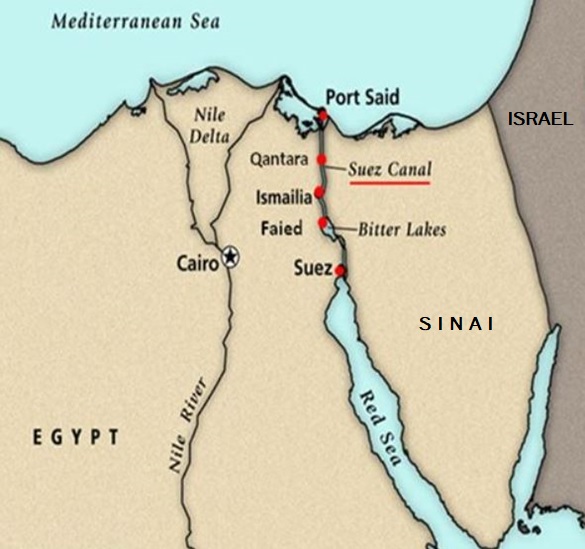7667766266
enquiry@shankarias.in
Israel has come up with plans to create an alternative to the Suez Canal.
To know about Israel-Palestine conflict click here

Established in 2015, Suez Canal Economic Zone is a special economic zone located in Egypt to promote economic growth and to attract foreign investment to the country.
|
Ben Gurion Canal Project |
|
|
|
|
Significance |
Challenges |
|
|
References